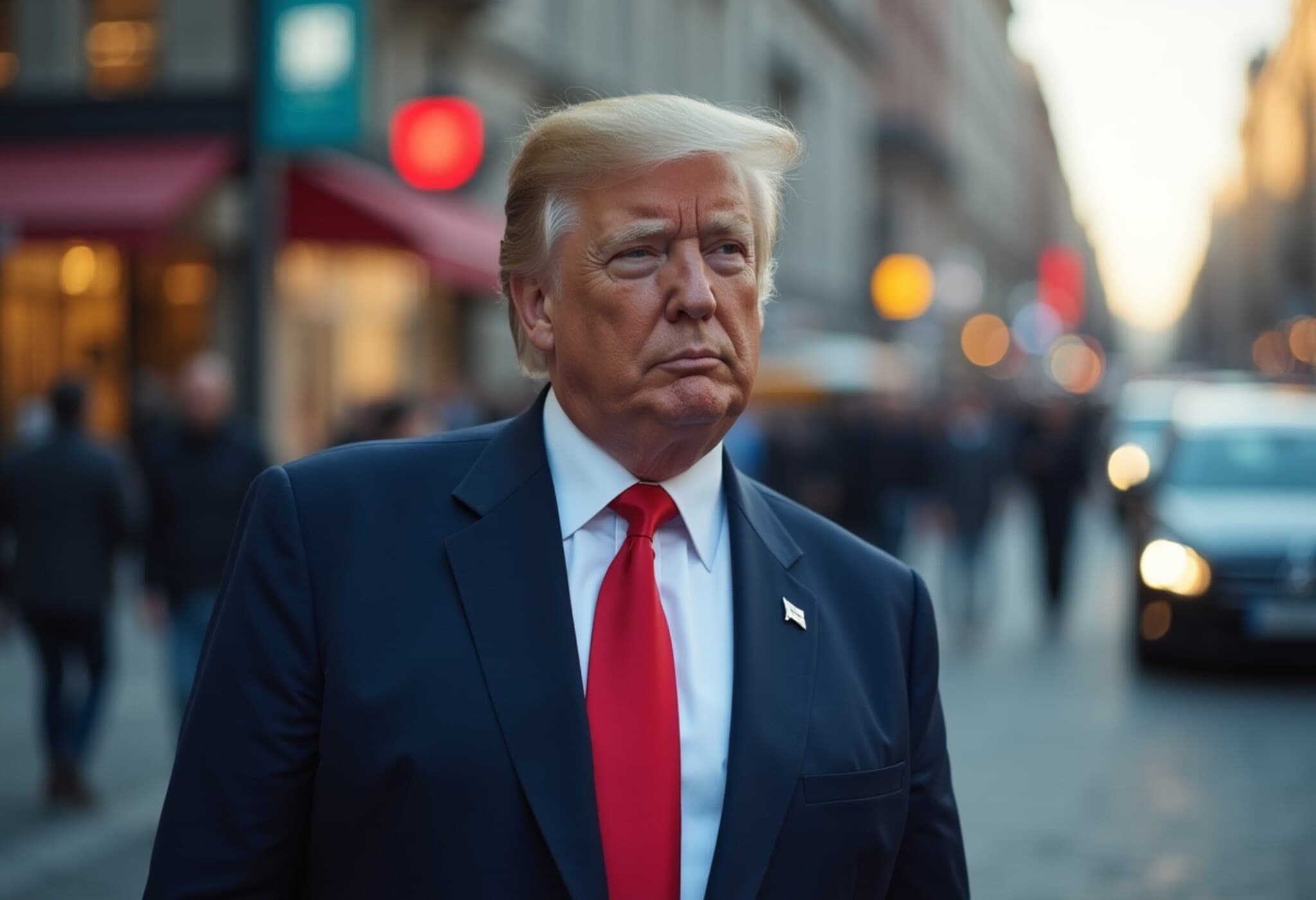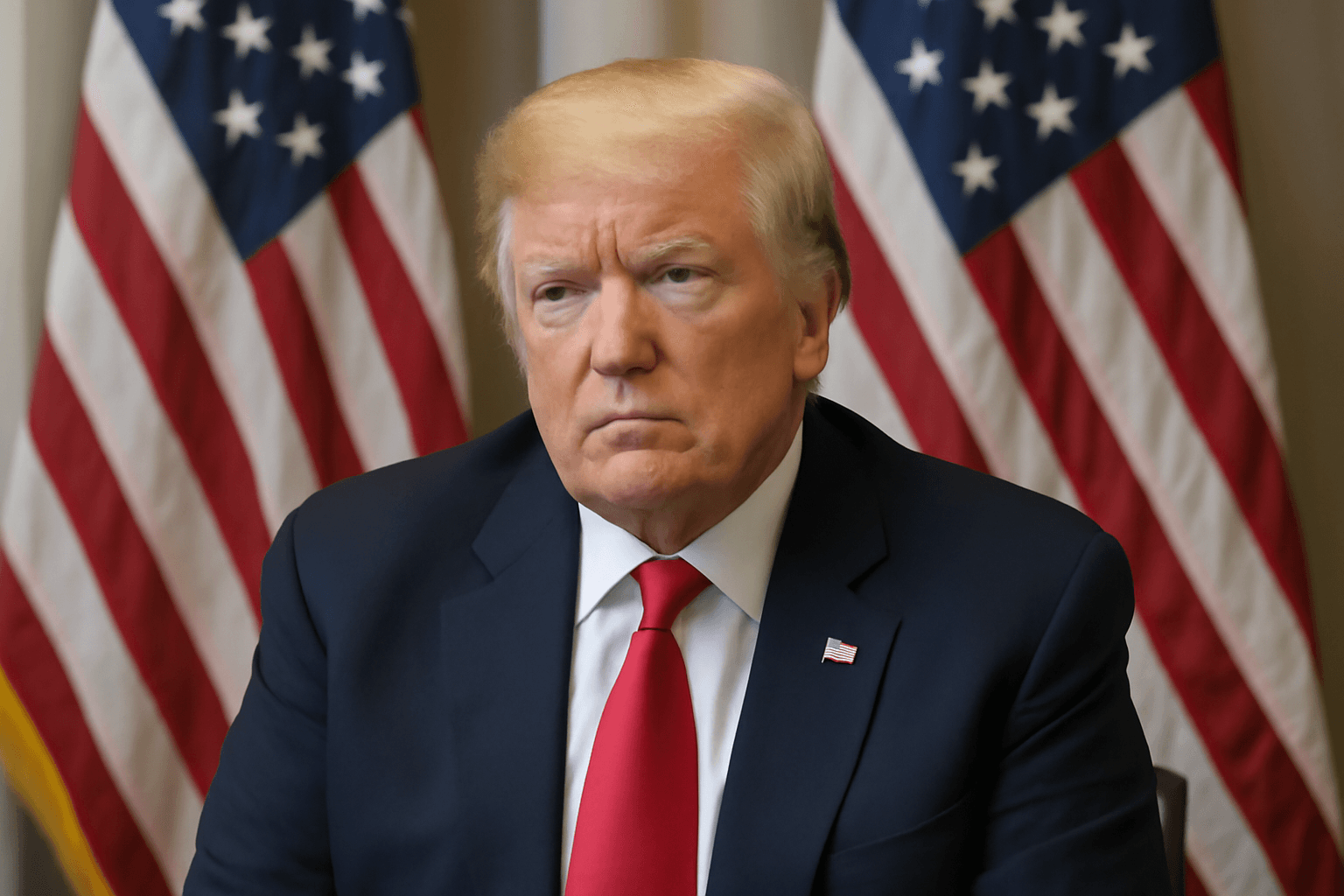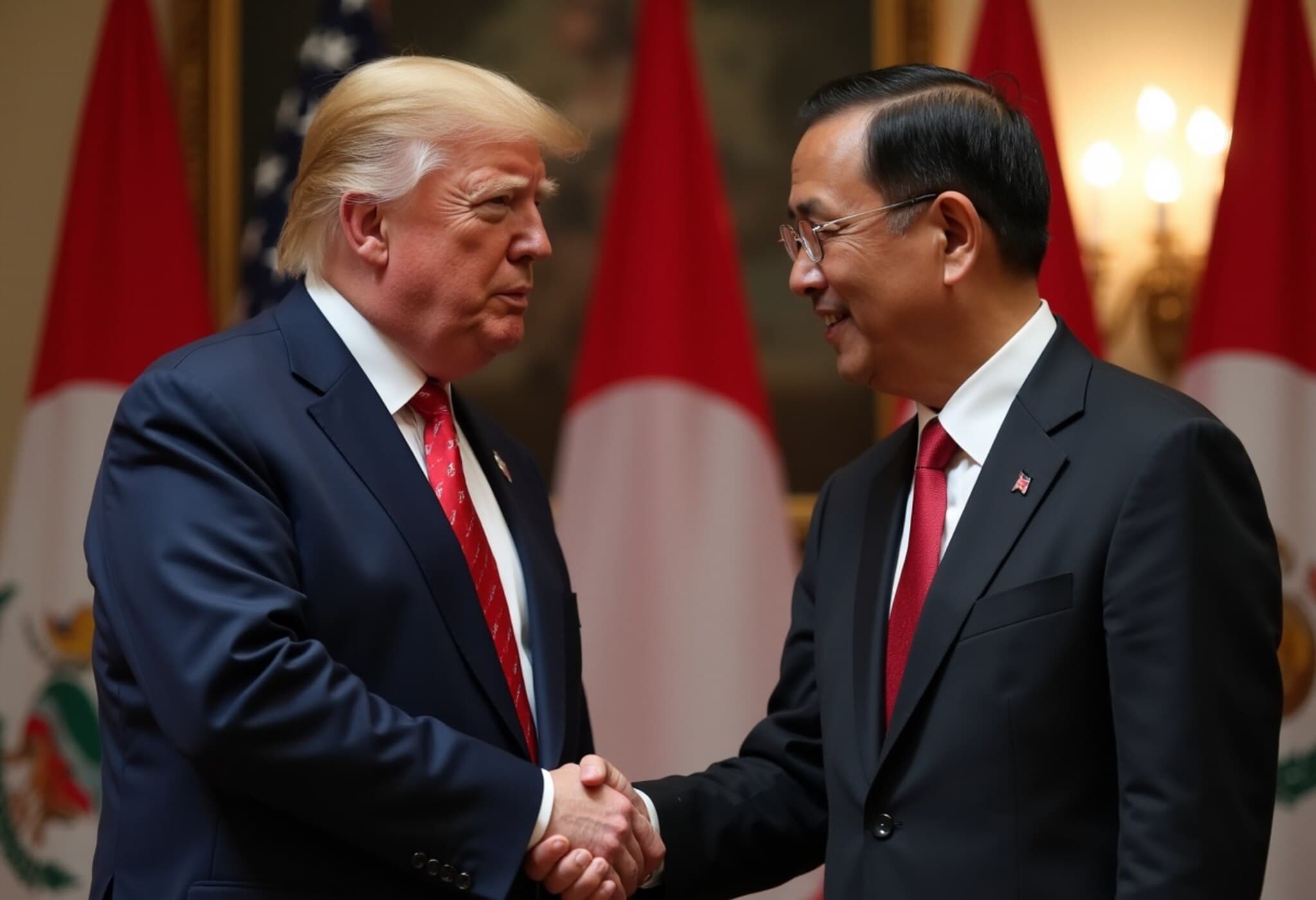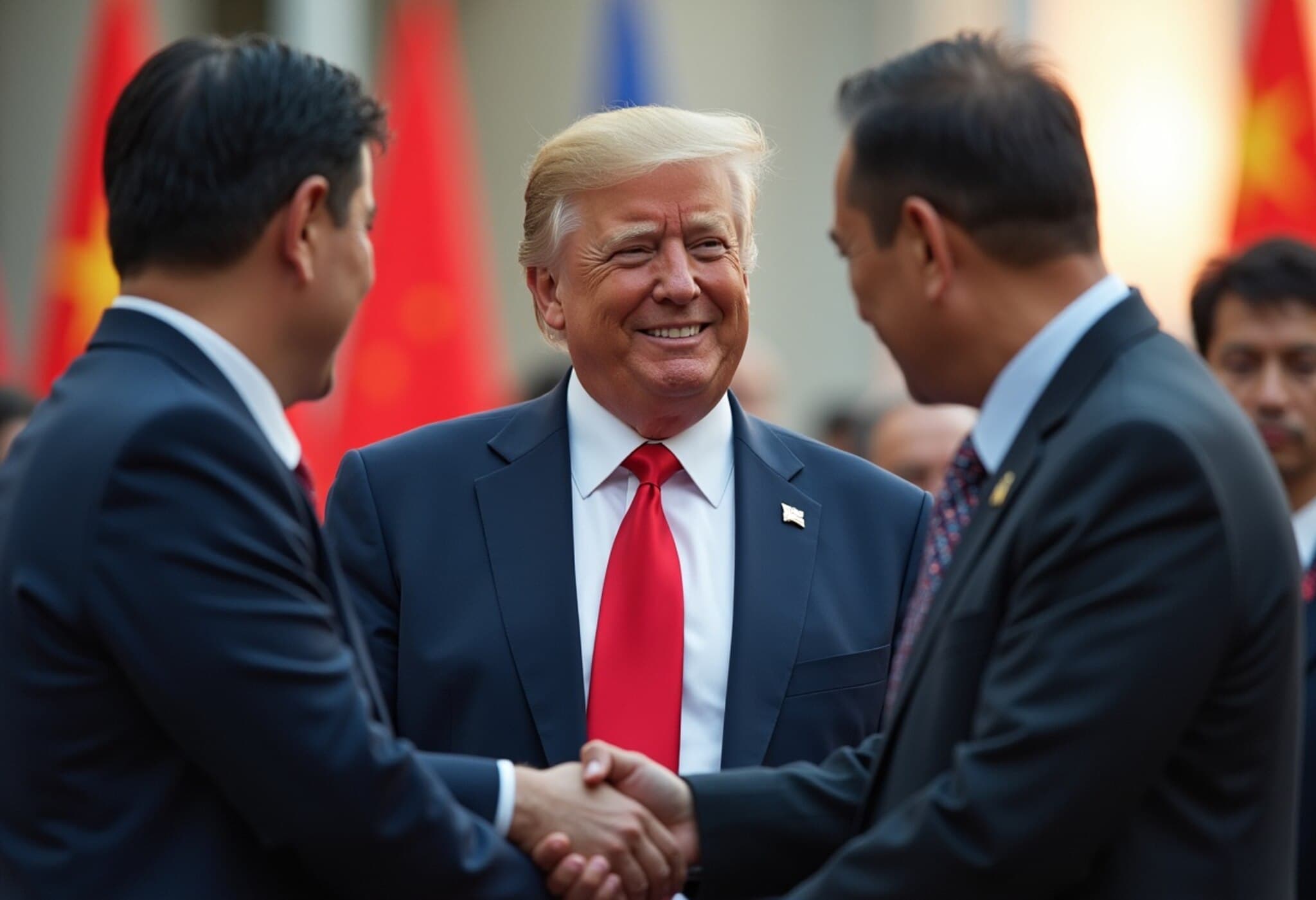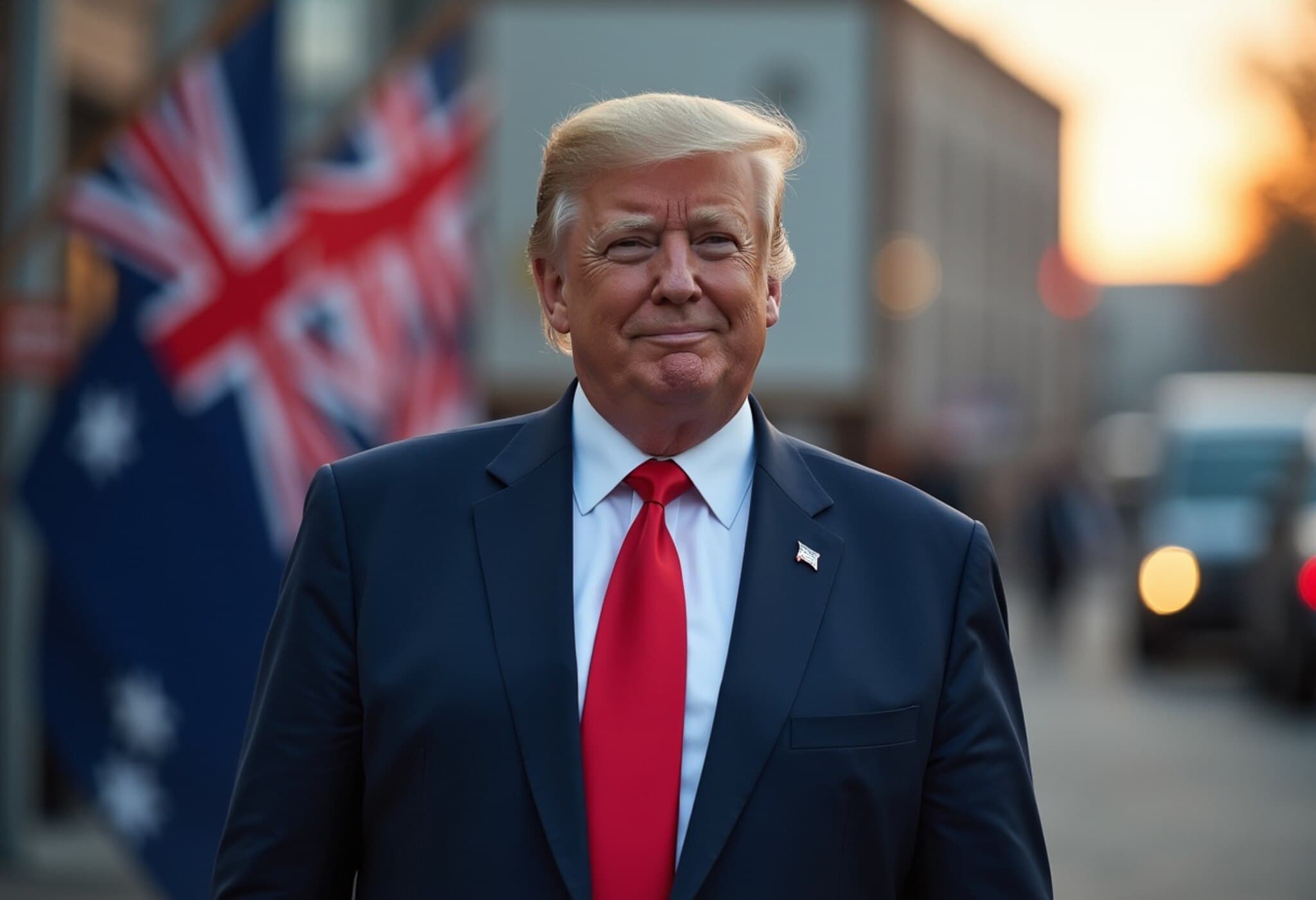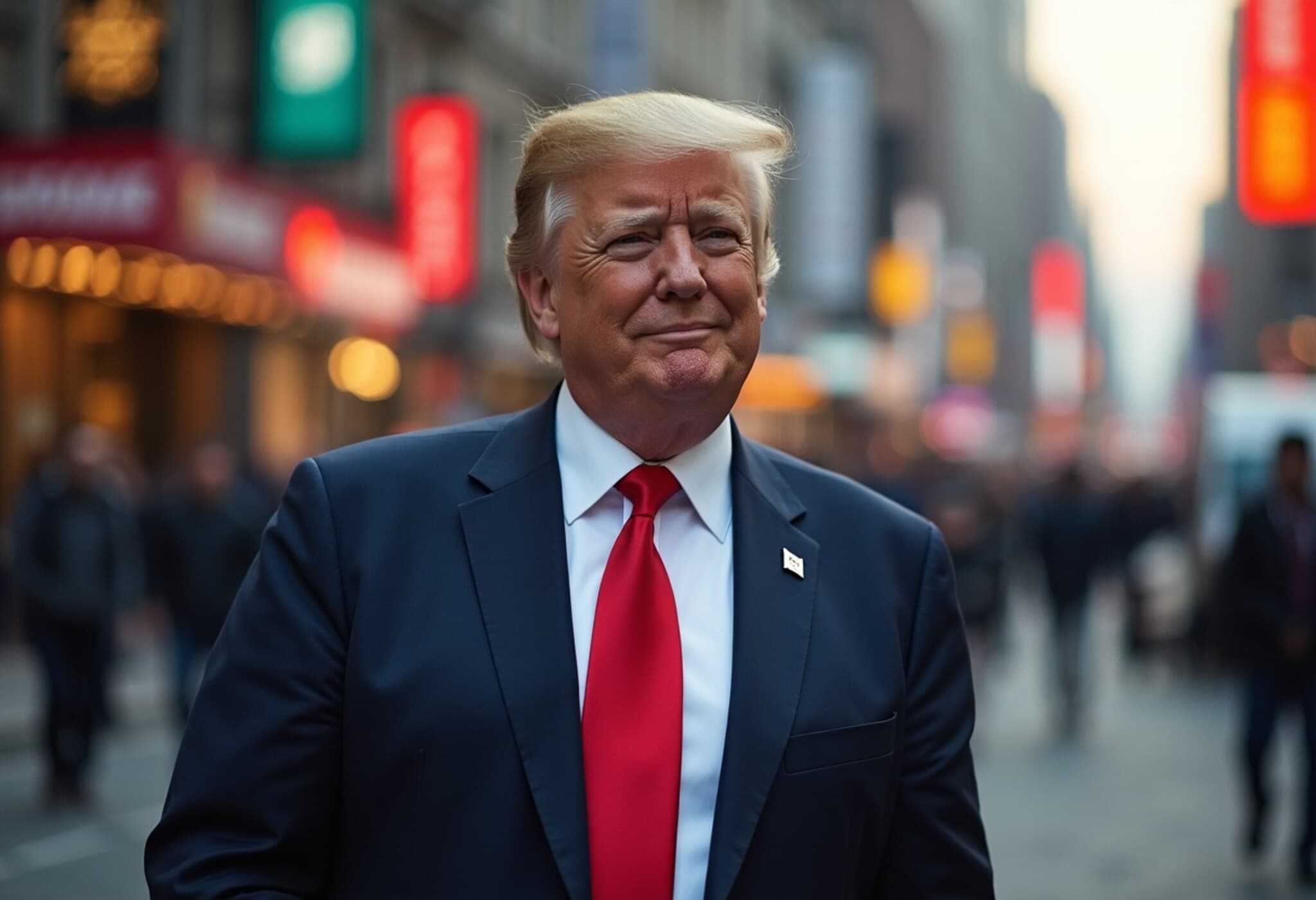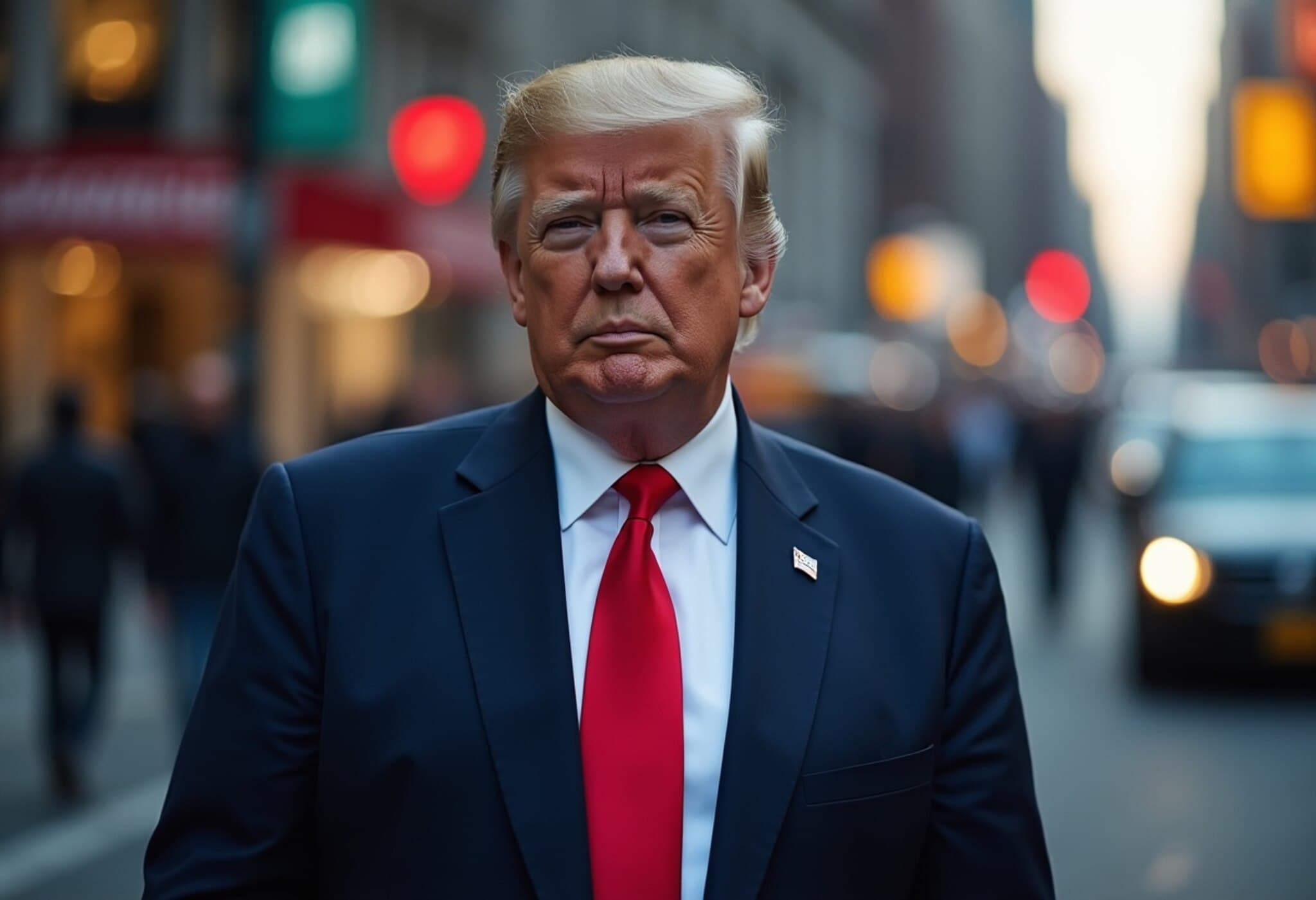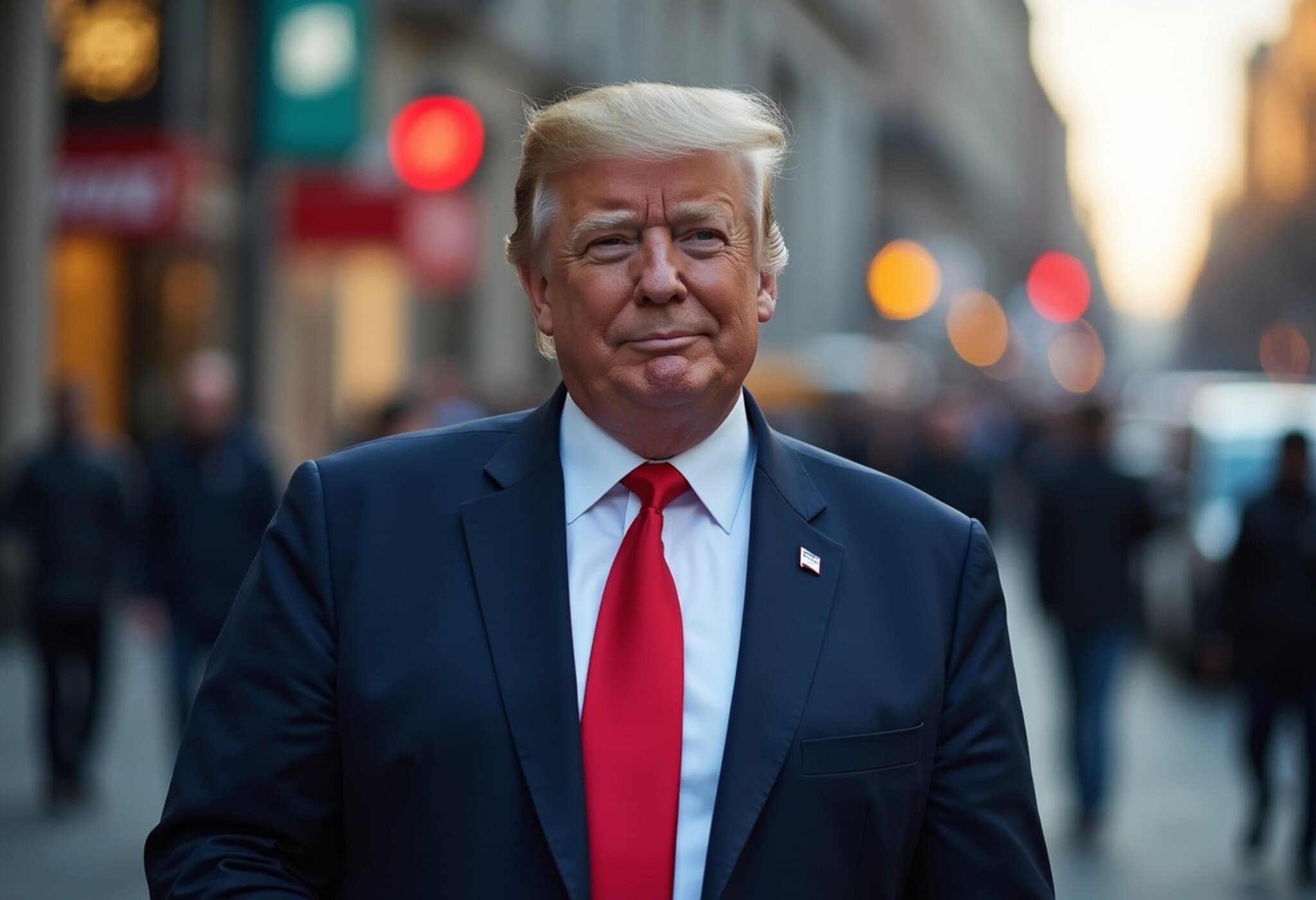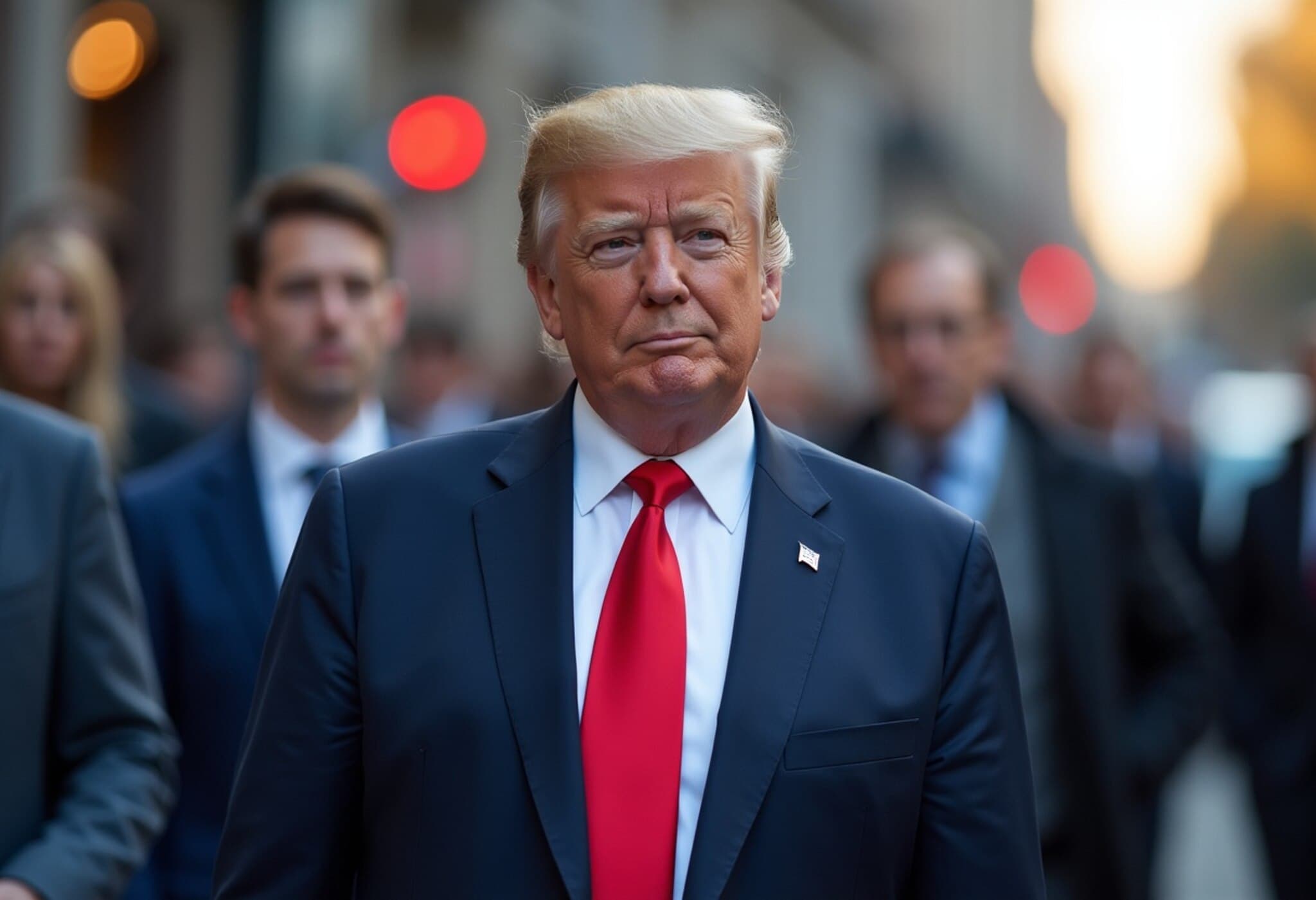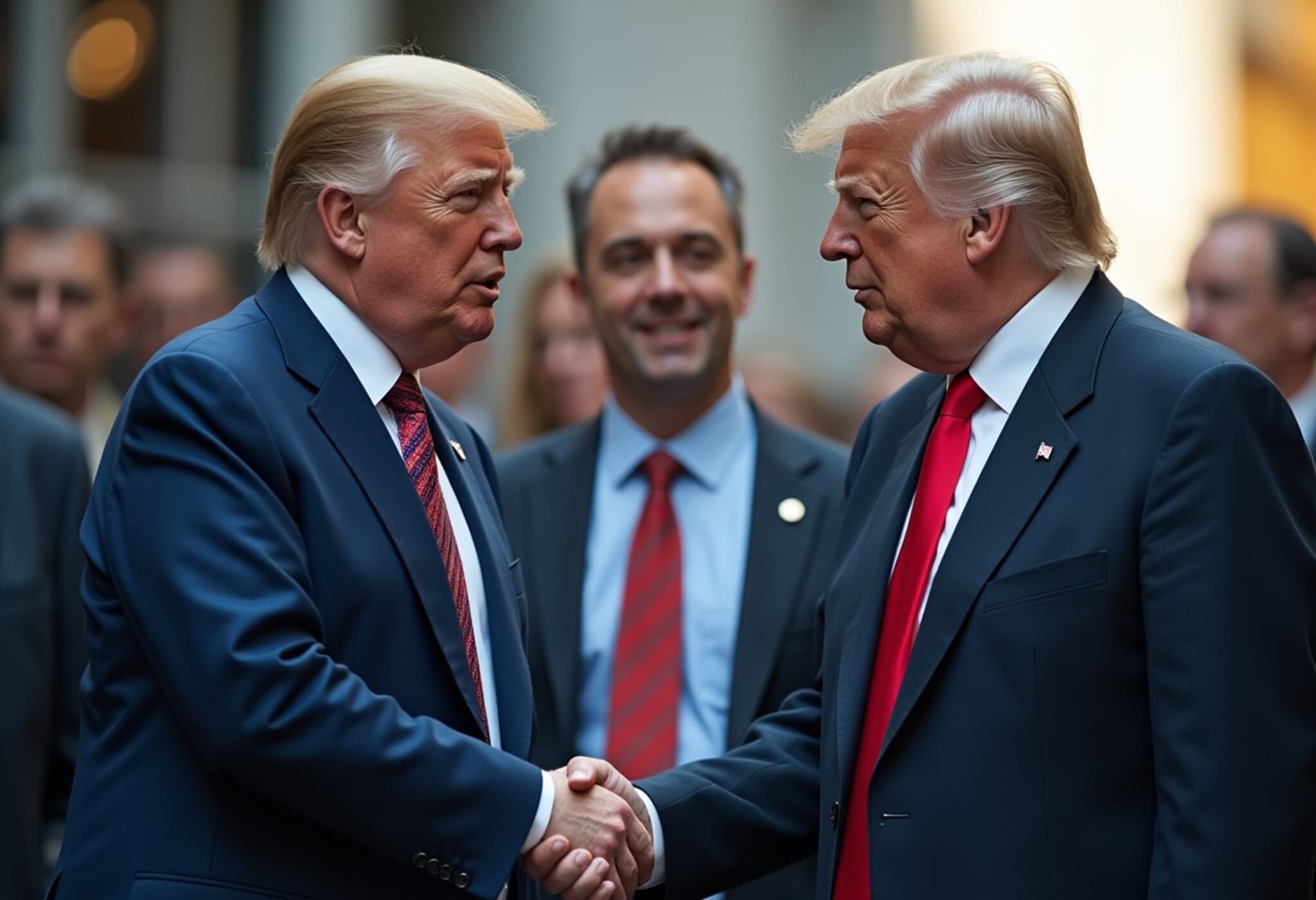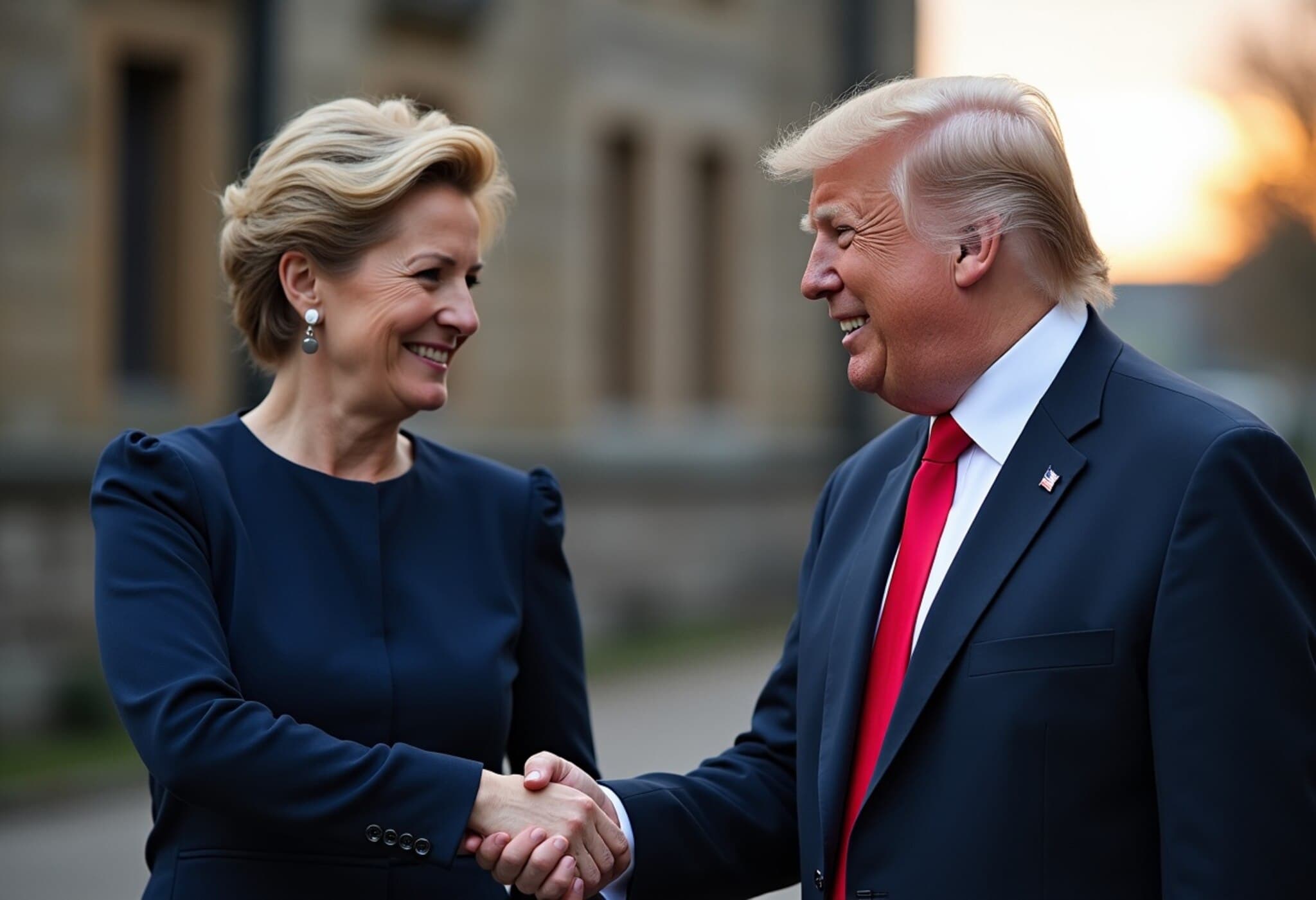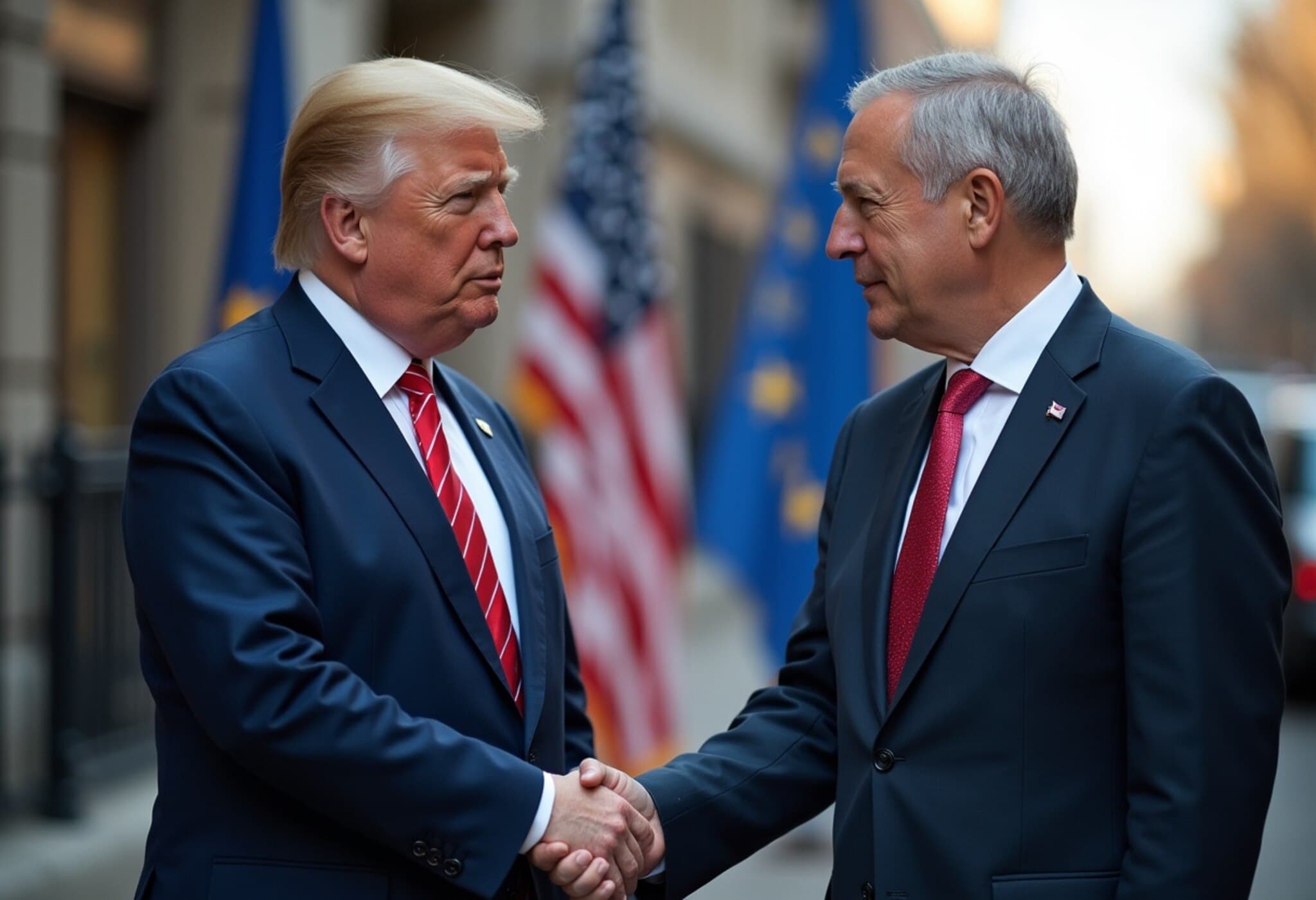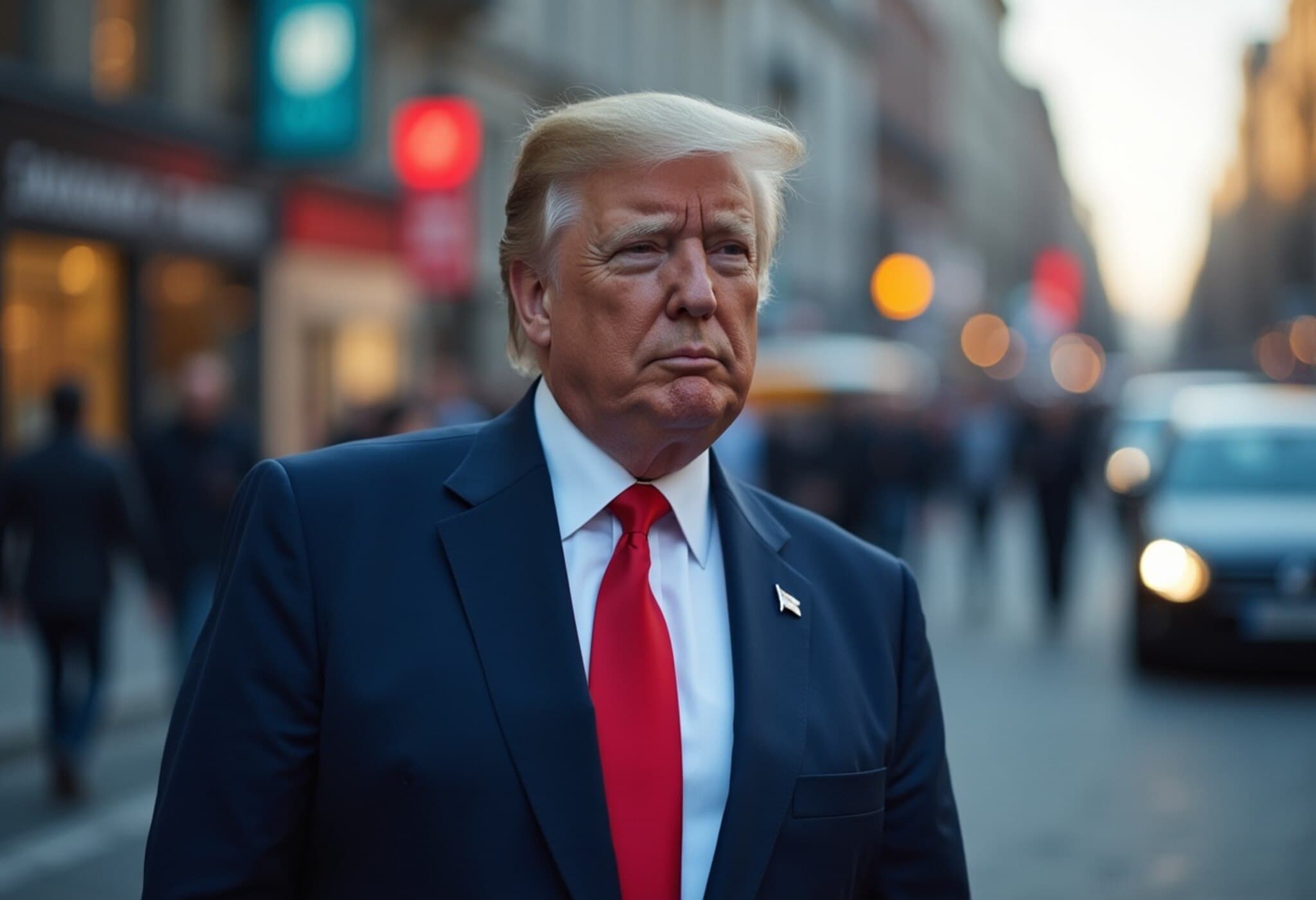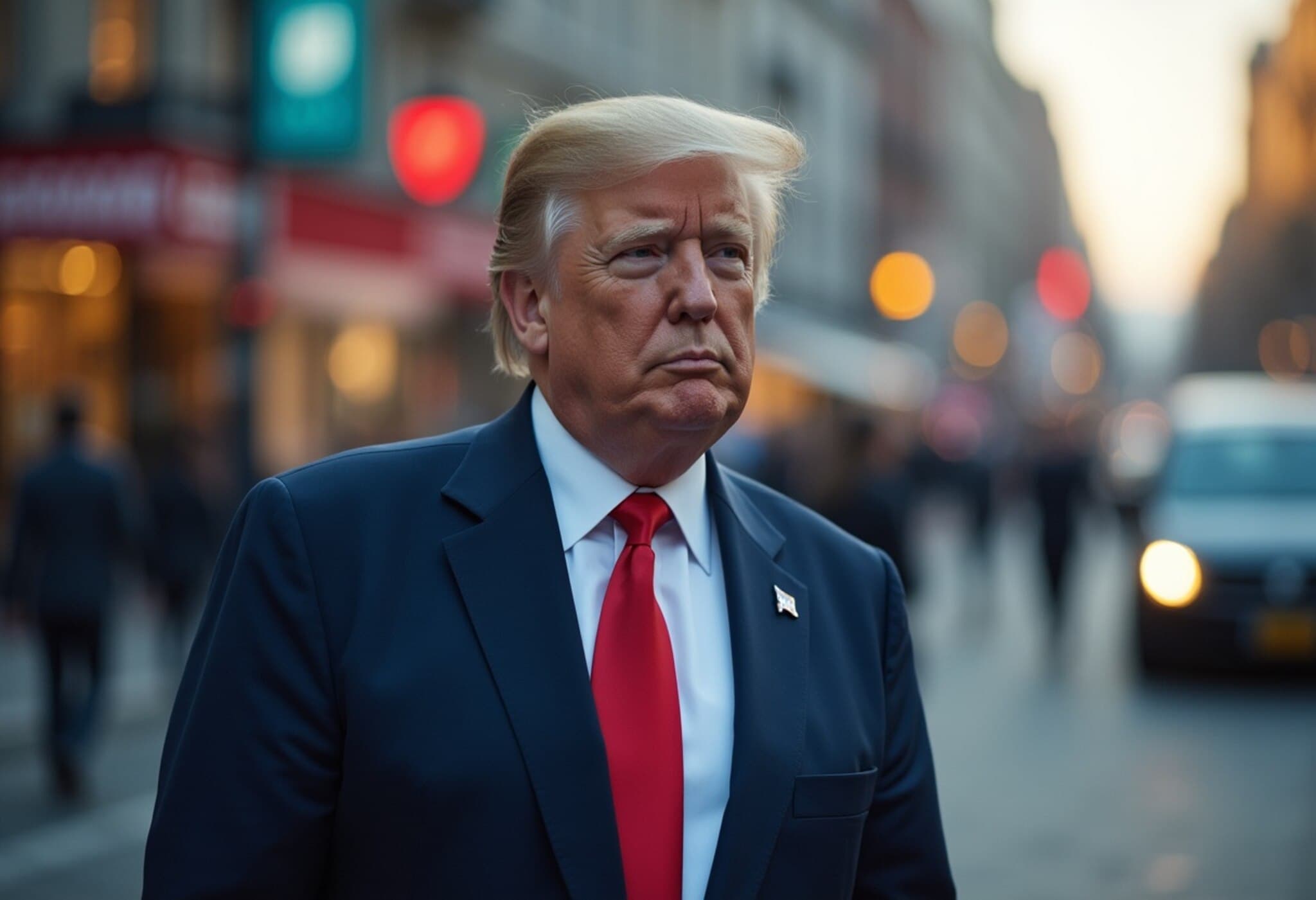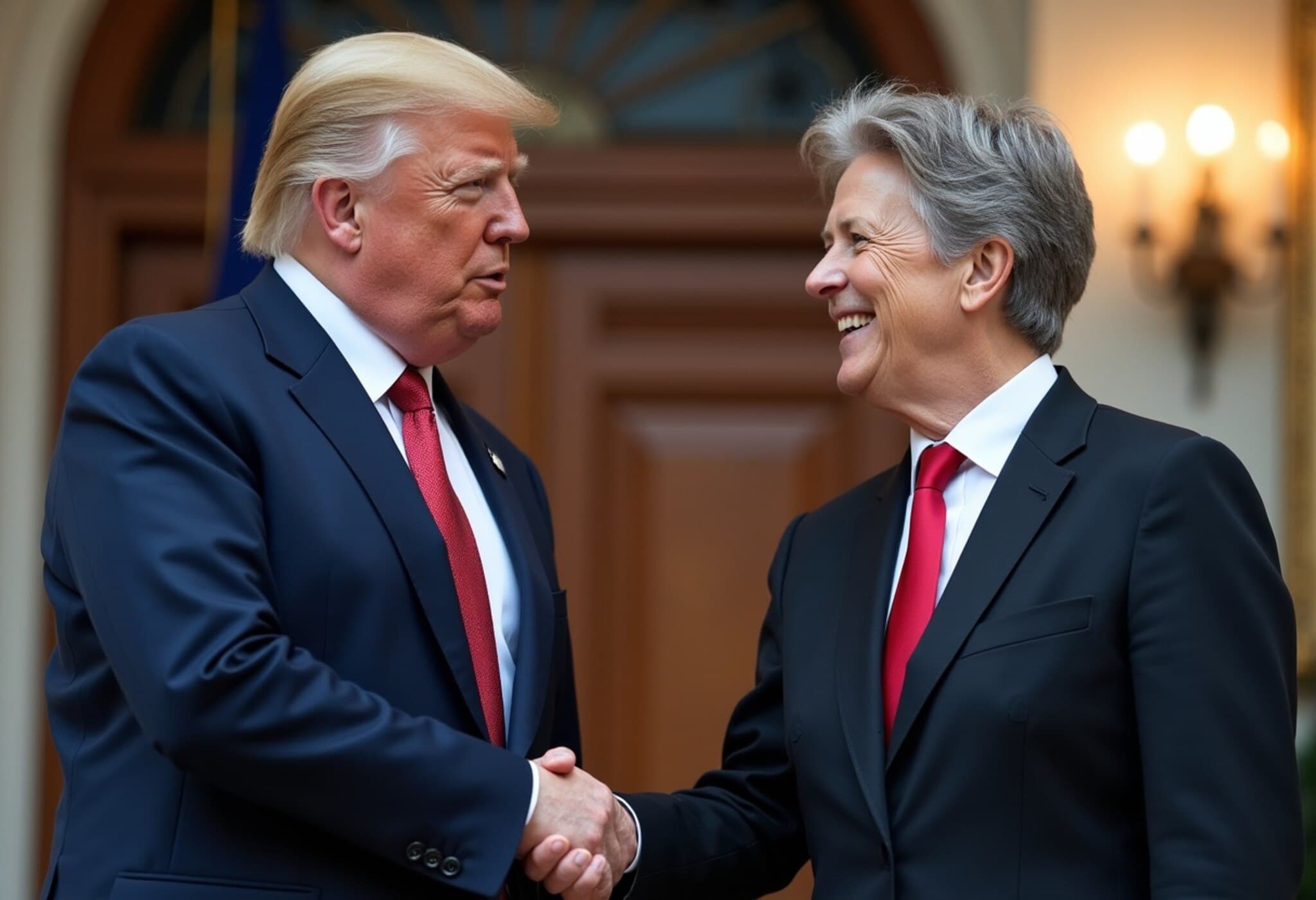Europe Ramps Up Trade Retaliation Against US Tariffs
In a move that deepens the growing economic rift between the European Union and the United States, European leaders are preparing to impose hefty tariffs on a broad array of American goods—including iconic products like bourbon whiskey and Boeing aircraft—if Washington does not dial back its latest tariff escalation.
After President Donald Trump announced a surprise hike in tariffs to 30% on European imports, the EU is drawing up a retaliation plan targeting US exports valued at over $120 billion annually. This tit-for-tat scenario unfolds just weeks after a hopeful thaw in transatlantic relations when NATO allies agreed on sharing defense spending commitments.
Tariffs Threaten Core American Industries
The EU’s so-called "hit list" includes key US industries vital not only economically, but culturally. Bourbon whiskey barrels aging in Kentucky—where Trump garnered over 64% of the vote during the last election—stand alongside Boeing planes in Washington state as symbolic stakes in this trade showdown.
Besides aircraft and spirits, the EU's proposed tariffs cover sectors such as:
- Automobiles
- Food and agricultural products including wine and beer
- Medical devices and aeronautical components
These targets reflect the EU’s strategic intent to hit US exports that matter both economically and politically, aiming to pressure the Trump administration into reconsidering its tariff policies.
Negotiations Falter Amid Rising Tensions
European Commissioner for Trade Maroš Šefčovič made an urgent trip to Washington this week to seek a compromise with US trade officials, including Commerce Secretary Gina Raimondo and Trade Representative Katherine Tai. Despite these high-level talks, no breakthrough was reported, and the prospect of tariffs taking effect on August 1 looms large.
Šefčovič emphasized the EU's openness to dialogue but stressed readiness to employ "well-considered, proportionate measures to restore balance," underscoring that "it takes two hands to clap" in this complex relationship.
Economic Implications for Both Sides
The dispute underscores a broader challenge in US-EU trade relations: balancing protectionist impulses with mutual economic interests. German automakers, for instance, export roughly 749,000 vehicles annually to the US, vastly outnumbering American car shipments to Europe. This asymmetry raises fears that retaliatory tariffs could backfire, harming European industries more than American ones.
Similarly, French vineyards express alarm over the tariff threat on premium wines, a key export with significant cultural heritage. The president of Italy’s largest wine exporters called the tariff hike “the darkest page” in Italy-US relations, warning that prices would spike so drastically as to amount to a de facto embargo.
Broader Policy and Political Context
This escalating trade tension unfolds amid an intricate geopolitical landscape. While Trump has touted NATO defense spending gains as a diplomatic win, his aggressive trade stance complicates America's alliances. Analysts note that such disruptive tariff strategies risk undermining the benefits of broader transatlantic cooperation, potentially unsettling global supply chains and economic stability.
From a US domestic perspective, targeting European products like wine and cars may play well with certain voter bases, but risks retaliatory hits on key American industries like aerospace and spirits. The ongoing negotiations reflect a high-stakes game where economic, political, and cultural factors intertwine.
What’s Next?
The EU’s final retaliation depends on maintaining unity among its member states, some of whom worry that severe measures could provoke harsher American reprisals. As Brussels deliberates, the trade war narrative raises critical questions about the future of global trade norms and the resilience of alliances in the face of protectionist policies.
For stakeholders on both sides, the unfolding situation serves as a reminder of the delicate balance between safeguarding national industries and fostering cooperative economic relationships.
Editor’s Note
As the transatlantic tariff dispute intensifies, it challenges foundational assumptions about US-EU partnerships and global trade governance. Will economic pragmatism prevail over political brinkmanship? How will consumers and producers on both continents feel the ripple effects? This evolving story demands close attention—not only for its economic impact but also for its wider implications on diplomacy and international cooperation.

